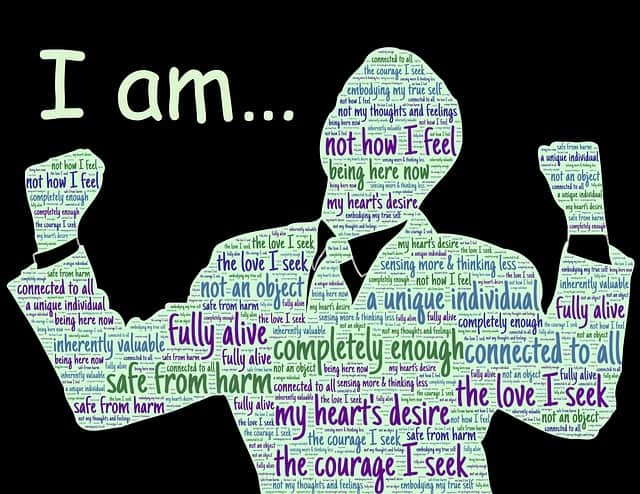Introduction.

Self-awareness is a transformative skill that opens the door to personal growth and meaningful improvement. It involves recognizing and understanding your thoughts, emotions, strengths, and weaknesses. This deep introspection is crucial for making informed decisions and fostering positive changes in your life. This article explores the significance of self-awareness, the benefits it offers, and practical strategies to cultivate this essential skill.
1. Understanding Self-Awareness
Explanation: Self-awareness is the conscious knowledge of one's own character, feelings, motives, and desires. It enables you to understand how you affect others and how others perceive you.
Example: Reflecting on your emotional responses during stressful situations can help you identify patterns in your behavior and how they impact your relationships.
2. The Importance of Self-Reflection
Explanation: Self-reflection is a critical component of self-awareness. It allows you to assess your thoughts and behaviors critically, providing insights that can lead to improvement.
Example: Keeping a daily journal to record your thoughts and feelings can facilitate self-reflection, enabling you to track your emotional growth over time.
3. Recognizing Strengths and Weaknesses
Explanation: Self-awareness helps you identify your strengths and weaknesses. Understanding what you excel at and where you need improvement is vital for personal development.
Example: By acknowledging a strength in communication, you can leverage this in professional settings, while recognizing a weakness in time management can guide you to develop better organizational skills.
4. Understanding Emotional Triggers
Explanation: Awareness of your emotional triggers—situations or interactions that provoke strong emotional reactions—can help you manage your responses and improve emotional regulation.
Example: If you know that certain discussions with colleagues trigger frustration, you can prepare strategies to handle these conversations more calmly.
5. Setting Realistic Goals
Explanation: Self-awareness informs goal-setting by helping you establish realistic and achievable objectives aligned with your values and capabilities.
Example: Instead of setting a vague goal like "be healthier," self-awareness can lead you to specific goals, such as "exercise for 30 minutes five times a week."
6. Seeking Constructive Feedback
Explanation: Actively seeking feedback from others enhances self-awareness by providing external perspectives on your behavior and performance.
Example: Asking a mentor for feedback on a recent project can reveal insights you might not have considered, helping you improve in future endeavors.
7. Embracing Mindfulness Practices
Explanation: Mindfulness fosters present-moment awareness, allowing you to observe your thoughts and feelings without judgment. This practice is essential for deepening self-awareness.
Example: Engaging in mindfulness meditation for just a few minutes each day can help you cultivate a greater understanding of your inner experiences.
8. Reflecting on Values and Beliefs
Explanation: Self-awareness includes understanding your core values and beliefs, which guide your decisions and behaviors. Clarity in these areas promotes authenticity.
Example: Taking time to identify your top five values (e.g., integrity, creativity, family) can help you make choices that align with your true self.
9. Monitoring Progress
Explanation: Being self-aware allows you to track your progress toward your goals, recognize achievements, and adjust your strategies as needed.
Example: Using a progress tracker or app can help you visualize your journey, encouraging you to stay motivated and committed to your self-improvement efforts.
10. Committing to Lifelong Learning
Explanation: Self-awareness is a lifelong journey. Committing to continuous learning and self-discovery enhances your awareness and ability to adapt.
Example: Enrolling in workshops or courses on personal development can provide new insights and skills, further expanding your self-awareness.
Conclusion.
Becoming self-aware is a gateway to meaningful improvement. It empowers you to understand yourself better, make informed choices, and foster positive changes in your life. By engaging in self-reflection, recognizing your strengths and weaknesses, and embracing mindfulness practices, you can enhance your self-awareness and unlock your full potential. The journey of self-awareness is ongoing, and as you cultivate this skill, you will discover new opportunities for growth and fulfillment, leading to a more enriched and purposeful life.


You must be logged in to post a comment.